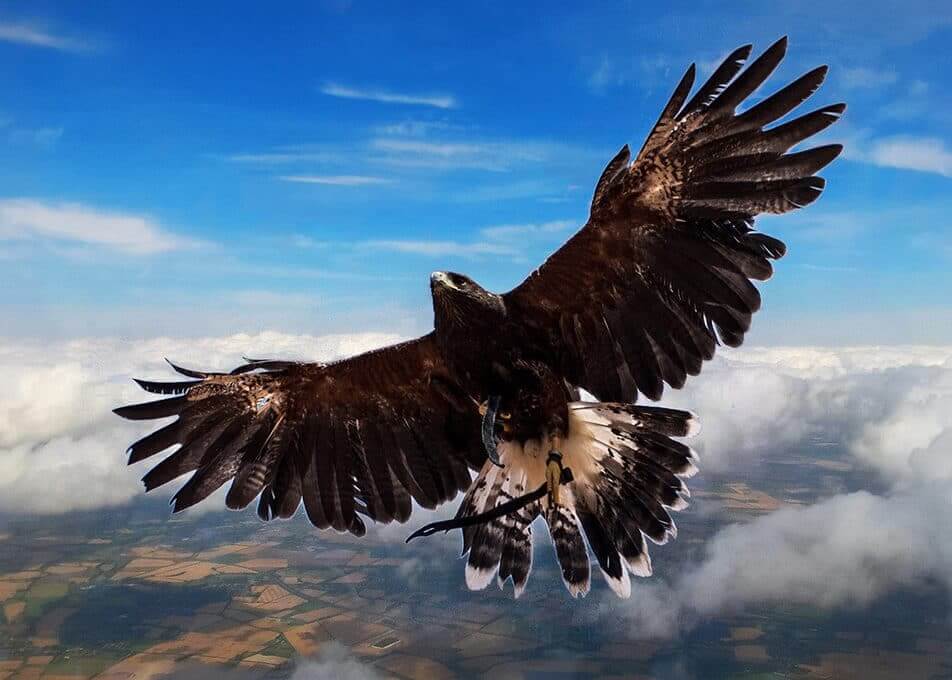Sky Too Large to Know
A hawk rises on a prairie thermal,
its diminishing black shadow below,
its eye wed in magic to a single spot.
I step in to feel promptly like the prey,
wobbly with hypnosis by gazing above
me, a disfavored adversary to a predator.
The shadow shifts to be solely my own.
I feel my error in my flesh, but travel to
this place tips my balance; I wonder if
a mouse skittering through grass could
be unaware as I of our part in the kill.
I have lost the hawk in circles of glare.
Cataracts cloud my vision. Somewhere
above the hawk enjoys its total privilege,
its raptor invisibility fills miles of sky, it
will return to harvest its bedazzled meal.
I lower my dazed head to stretch my neck.
A shadow forms behind any lighted object,
me of course, but a spirits can avoid the sun.
Habitability
Habitability requires an epiphany, a dream
made concrete, a time at which living is right.
Rising to a slight hill above the plain stands
a derelict foundation, framing and plywood
roof a mile from the highway, still without
habitability. No telling when realization hit
that here was not the place to build and live:
evidence of sacrifice lies scattered all about.
Many might say design contained a blunder,
but homes enough dispute the smear. Over
decades settlers came, hoped and managed
to complete each vision of habitability here.
From this many resolved to prosper. Beasts
flourished by compliance with their natures;
many of the children lived, many others died.
Look closely: the territorial history tells itself.
Once More Crouching at the Door
After seven fruitless years on this land, twins in the eighth.
Contrarians, the family looked to scripture for a parallel,
naming the brothers Cain and Abel, no stigma intended,
only a sincere attempt to tie the event to Truth. Ten years
produced no more children, while Cain harbored choler
and Abel tended to his work. Fearing a grave mistake
had been made, the parents prayed mightily for a Seth.
Their minds terrorized by holocaust, withering weather
seared the honeysuckle and the mother’s pride, the rose.
Their community sympathized, but guilt would not lift.
Cain left unmarked: the Lord judged the mother’s teats,
but compelled allegiance to doubts over the wide prairie.
